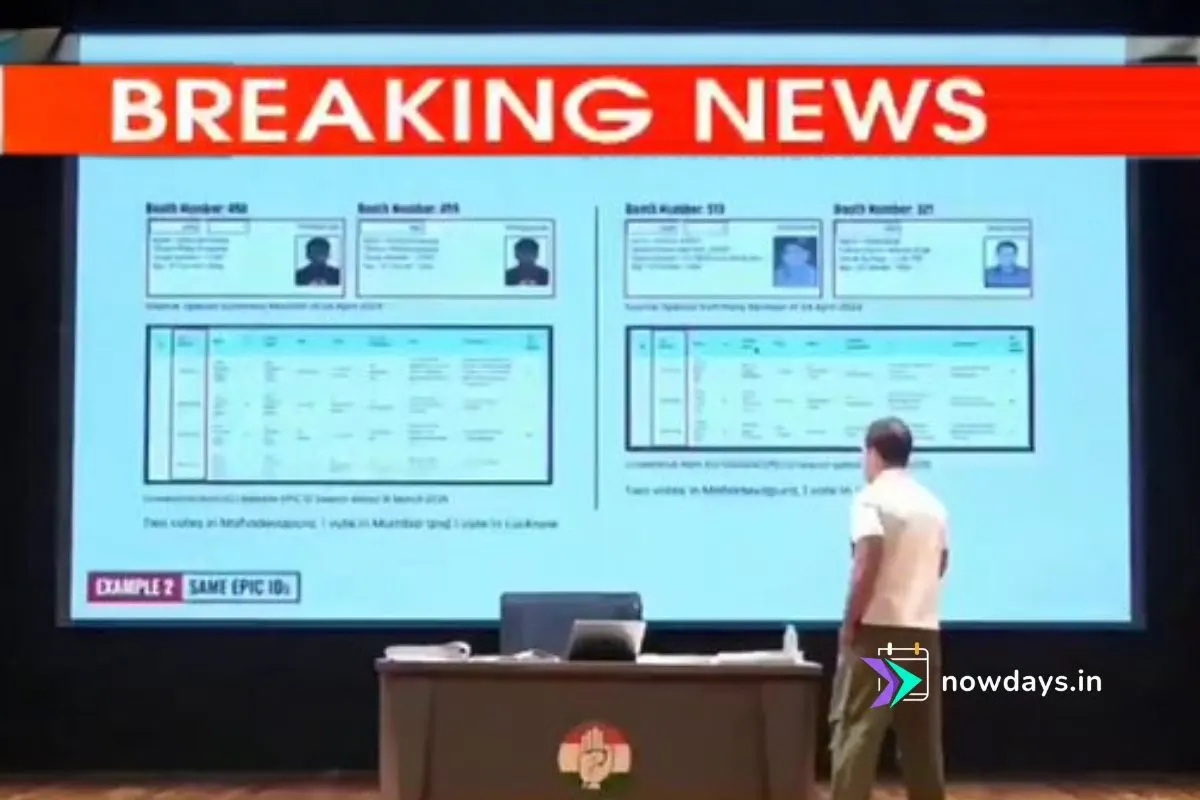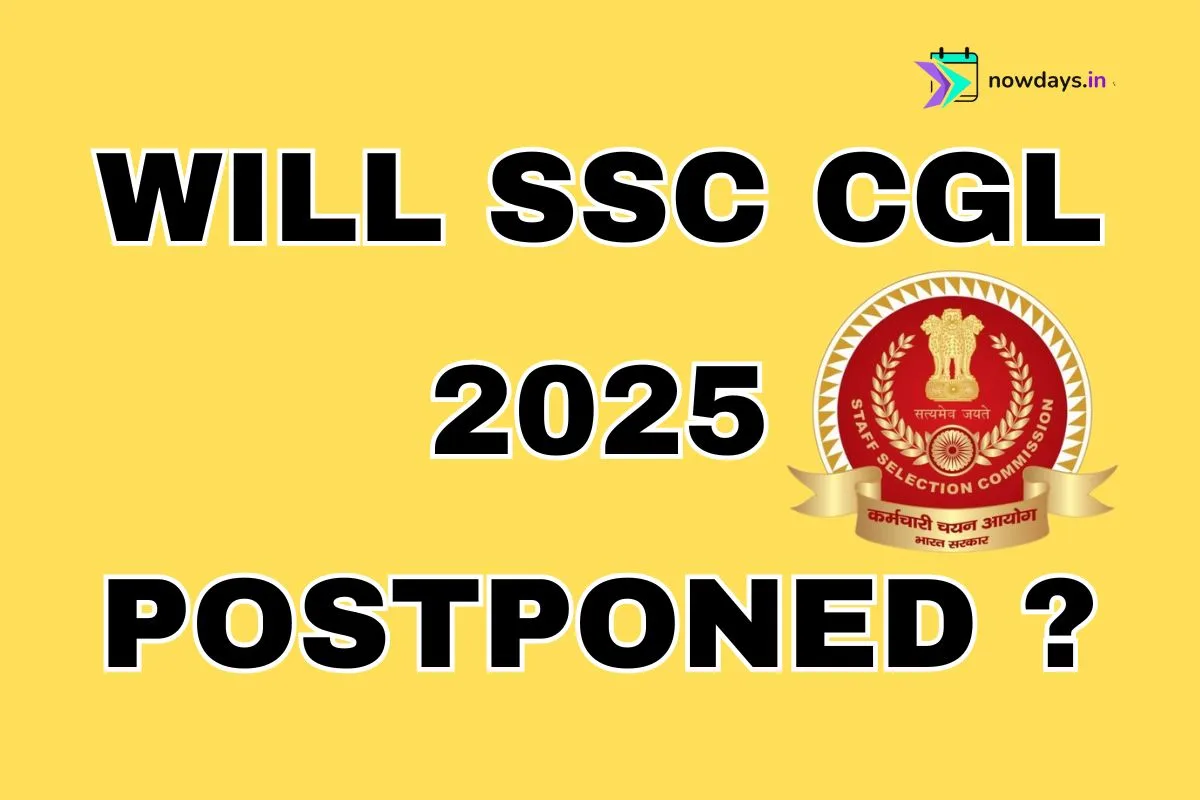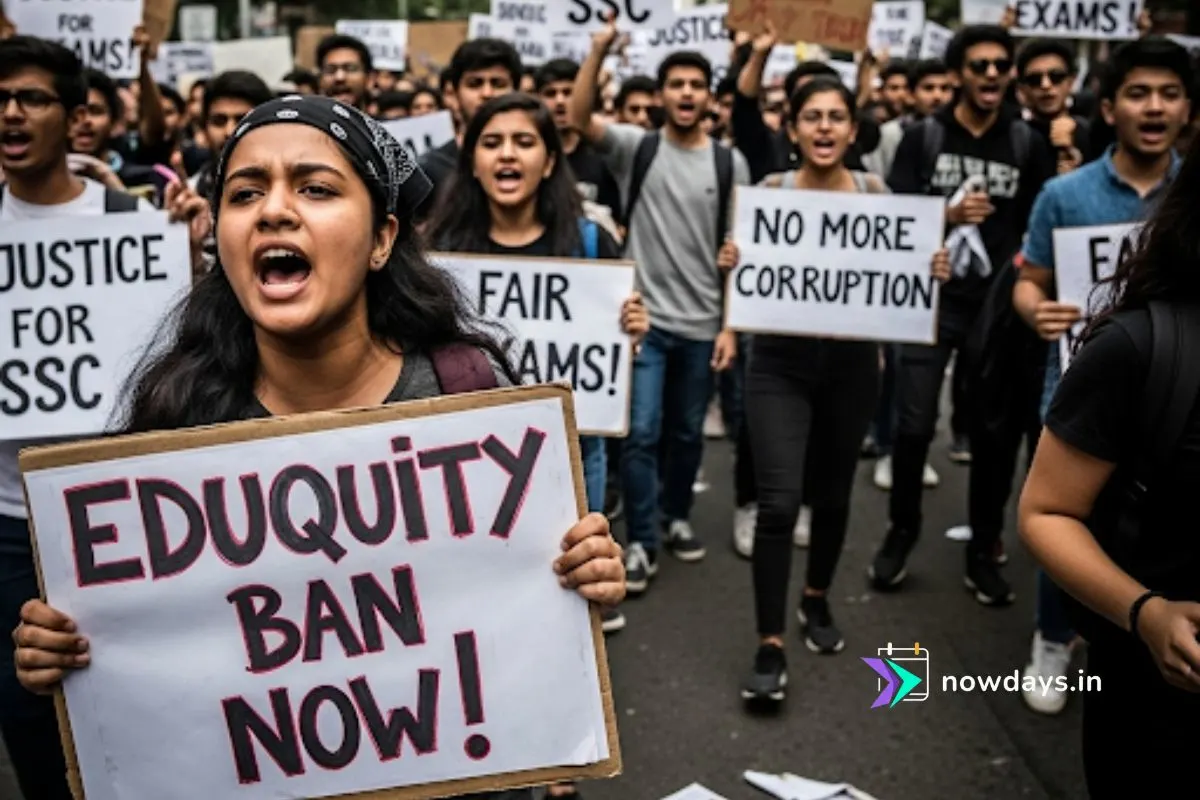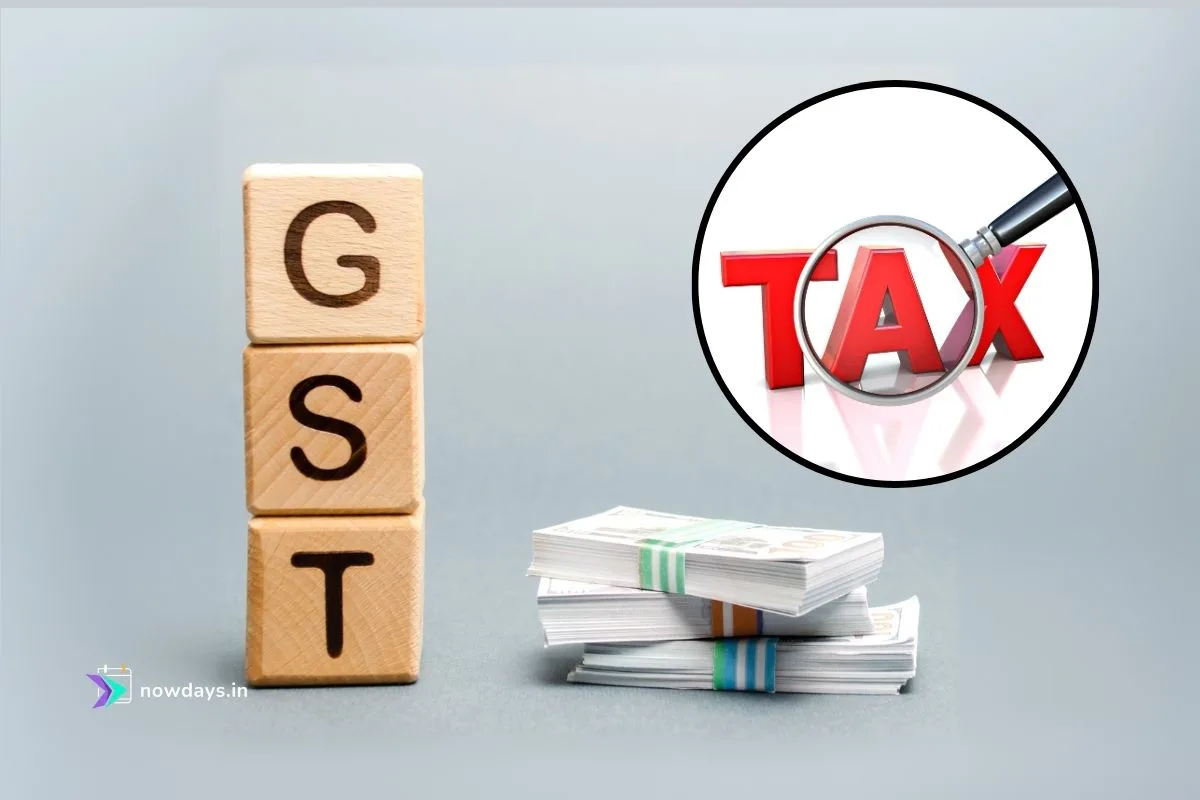In an era where electoral transparency is under intense scrutiny, questions persist about the Election Commission of India’s handling of public and political outreach. A prominent opposition leader’s persistent allegations of voter list manipulations and electoral irregularities have met with what critics describe as inadequate formal replies, fueling debates on institutional accountability. As India’s democratic watchdog, the ECI’s communication gaps raise broader concerns about responsiveness in one of the world’s largest democracies.
Background of the Outreach and Allegations
The controversy centers on claims from Rahul Gandhi, Leader of the Opposition in the Lok Sabha, who has repeatedly flagged issues like large-scale voter fraud and discrepancies in electoral rolls. In recent communications, including public statements and letters, Gandhi accused the commission of overlooking evidence of manipulated voter data in states like Karnataka and Maharashtra, even warning of potential repeats in upcoming Bihar polls. Despite these outreaches, formal responses from the ECI have been sporadic, with some queries left unaddressed for weeks or dismissed without detailed substantiation.
This pattern isn’t isolated. Similar complaints from civil society groups and political parties about delays in releasing polling data—such as voter turnout figures during the 2024 Lok Sabha elections—took up to 11 days for partial disclosure, far exceeding previous 24-hour norms. Critics, including the Association for Democratic Reforms, argue that such delays erode public trust, especially when no explanations are provided for surges in reported figures.
ECI’s Response Mechanisms and Procedural Hurdles
The ECI operates through structured channels like the National Grievance Services Portal, designed for handling complaints efficiently. However, experts note that the sheer volume of queries—often numbering in the thousands during election seasons—strains resources. In responses to RTI applications, the commission has admitted challenges in compiling data, citing disproportionate diversion of staff time. For instance, requests for lists of expenditure-sensitive constituencies or suspicious transaction reports from banks have been rebuffed, with the ECI claiming such information isn’t readily available centrally.
Procedural norms also play a role. The ECI requires complainants to submit signed declarations under electoral rules for investigations to proceed, a step Gandhi has resisted, viewing his public statements as sufficient. This standoff has led to accusations that the commission uses technicalities to avoid engagement, as seen in its demand for Gandhi to either affirm his claims legally or apologize publicly.
Why the Lack of Formal Responses? Expert Insights
Analysts point to several factors contributing to the ECI’s perceived reticence. Transparency advocates, in analyses from platforms like Deccan Herald, highlight a pattern of opacity where the commission fails to maintain or disclose key records, such as Returning Officers’ reports or vulnerability mapping data. “The ECI’s reluctance stems from a fear of exposing systemic flaws,” noted a former dean at the Tata Institute of Social Sciences in discussions on electoral reforms, emphasizing that major decisions, like Bihar’s voter list revisions affecting 80 million people, occur without public consultation.
YouTube breakdowns by legal experts, such as those on channels analyzing Supreme Court rulings, suggest institutional inertia. A 2023 judgment in Anoop Baranwal vs. Union of India called for more transparent ECI appointments, yet implementation lags, potentially affecting decision-making independence. Critics from the Research Society for the Study of Democracy argue that without statutory backing for the Model Code of Conduct, the ECI relies on moral authority rather than enforceable actions, leading to selective responses.
Resource constraints exacerbate this. With over 30 crore non-participating voters and complex tasks like vulnerability mapping, the commission prioritizes operational duties over individual complaints. In a Myth-busting section on its website, the ECI has addressed misinformation but often bypasses direct engagement with high-profile critics.
Broader Implications and Calls for Reform
This non-response trend has drawn ire from opposition parties, with Congress leaders questioning why the ECI amended rules to limit public access to electronic records like CCTV footage, shortly after a high court directive for greater disclosure. “Sunlight is the best disinfectant,” echoed Jairam Ramesh, labeling the changes as an evasion of accountability.
Experts recommend reforms like creating an independent secretariat and statutory enforcement powers, as outlined in the Law Commission’s 255th Report. Without these, public faith in the ECI could further erode, especially amid allegations of bias toward ruling parties. As one analyst on a Vision IAS blog noted, addressing participation deficits and enforcement gaps is crucial for maintaining electoral integrity. While the ECI has rebutted specific claims—dismissing Gandhi’s allegations as “wild” and baseless—the absence of comprehensive, timely replies to repeated outreach underscores a systemic issue. Stakeholders await clearer communication protocols to restore confidence in India’s electoral framework.











2 thoughts on “ECI’s Silence on Repeated Concerns: Unpacking the Reasons Behind Non-Response”